After watching a handful of debate shows and listening to various podcasts where people passionately argue their positions on controversial issues, I found myself wondering what it would be like to join one of these discussions myself. The idea was tempting at first. The thought of sitting across from a well-known host, or perhaps a panel of experts, and engaging in a spirited exchange of ideas had a certain appeal. But as I thought more about it, I realized that stepping into that arena would be far more difficult than it seems. The reason is simple: I don’t have much to debate—not in the way most people mean when they talk about debate.
When people argue on these shows, they usually do so from a position of certainty. They rely on some dogmatic principle or a set of facts that, according to them, are settled and beyond question. These can be scientific findings, historical interpretations, or even widely accepted social norms. But if you look closely, you’ll see that much of what passes for fact is really just dogma dressed up in the language of authority.
What is Dogma?
Dogma, at its core, is a belief or set of beliefs that is accepted by the members of a group without being questioned or doubted. It is a kind of mental shortcut—a way of saying, “This is true because we all agree it’s true, and we don’t need to look any deeper.” Dogma can be religious, scientific, political, or cultural. It doesn’t matter what field it comes from; the defining feature is that it is not up for discussion. Once something is labeled as Fact, it becomes the foundation upon which arguments are built. But if you question the foundation, calling fact dogma (assumption) once again, the whole structure of any argument becomes unstable.
Most debates you see on television or hear on podcasts are really just clashes of dogmas. One person will insist that their facts are the only facts, while the other will do the same. They might cite studies, experts, or traditions, but underneath it all is the same assumption: that there is a fixed truth, and that they possess it.
My Position: Outside of Dogma
Here’s where I find myself at odds with the format of debate. As I mentioned in my book, The Occult Experience, I do not—and cannot—rely on any kind of external, unquestioned measure. I don’t accept facts simply because they are widely accepted, nor do I rest my beliefs on assumptions that have never been examined. For me, every so-called fact, every principle, every piece of received wisdom is open to scrutiny. I am not comfortable standing on a platform built from someone else’s untested ideas.
This makes debate, as it is usually practiced, almost impossible for me. If I were to sit across from someone who is absolutely sure of their position—someone who believes that their facts are beyond dispute—what would I say? I can’t argue from the same place of certainty, because I don’t have any dogma to defend. I can’t point to an authority and say, “This is true because they said so.” All I can do is ask questions, probe assumptions, and explore possibilities. But that’s not what debate audiences are looking for. They want a winner and a loser, a clear right and wrong. They want certainty, not inquiry.
The Illusion of Certainty
This reliance on dogma is not limited to religion or politics. It is just as common in science, which many people see as the ultimate source of objective truth. But science, too, has its dogmas—ideas that are considered settled, and that few dare to question. The history of science is full of examples where today’s dogma became tomorrow’s discarded theory. What was once considered undeniable fact is now seen as a misunderstanding, or even a deliberate deception. Yet, in the moment, those who questioned the dogma were ridiculed or ignored.
I am not saying that all knowledge is unreliable, or that we should never trust anything. But I am saying that true understanding requires a willingness to question even our most cherished beliefs. It requires humility—the recognition that we might be wrong, and that what we think we know could be overturned by new evidence or a different perspective.
Why I Can’t Debate Like Others Do
Because I refuse to accept dogma, I don’t have a fixed position to defend. My views are always in flux, always open to revision. I am more interested in the process of inquiry than in arriving at a final answer. This makes me a poor debater in the traditional sense, but I would argue that it makes me a better seeker of truth.
If I were to go on one of these debate shows, I would not be able to give the audience what they want. I would not be able to deliver a knockout blow or defend my position to the bitter end. Instead, I would ask questions—lots of them. I would challenge the assumptions behind the arguments, and I would invite my opponent to do the same. I would try to turn the debate into a conversation, an exploration, rather than a battle.
But I know that this approach would frustrate most viewers. People want certainty. They want to know who is right and who is wrong. They want to feel secure in their beliefs. My approach offers none of that. It only offers more questions, more uncertainty, and the uncomfortable realization that we might not know as much as we think we do.
The Value of Uncertainty
Uncertainty, for most, is a source of discomfort—a gap in knowledge that must be filled as quickly as possible. But for me, uncertainty is not just a gap; it is a doorway. In my book, The Occult Experience, I do indeed guide the reader toward acquiring secret knowledge and mastering what are now called hidden or psychic powers. These are not just metaphors or poetic turns of phrase. I mean this quite literally: there are abilities, perceptions, and ways of knowing that lie dormant within us, waiting to be awakened.
The beginning of the book is devoted to stripping away filters, to seeing the world as it is, not as we are told it is. This is the necessary first step: to empty the cup, so to speak, so that it can be filled with something new. But I do not stop there. The journey continues with exercises and explorations designed to expand the senses, to push perception to its very edge, and to glimpse those things that most people never notice. The goal is not just to see more, but to see differently—to learn to navigate the liminal spaces, the hidden corners of reality that most overlook.
The Way of the Mad Logician
My way of seeing the world is not ordinary. I call it the way of the mad logician, not because it is irrational, but because it refuses to accept any assumption, no matter how obvious or comforting it might seem. This includes even the most basic assumptions about immediate perception. Imagine, for a moment, that I am participating in a debate. Before anything else, I must establish that I do not perceive the world in the same way as most people. Where others see a stable, predictable reality, I see a shifting field of possibilities, filtered through the narrow keyhole of my senses.
For example, I can only see what is directly in front of me. Everything behind me—no matter how familiar—becomes an assumption, a memory. And memory, as we all know, is malleable. It can be twisted, reshaped, or even fabricated by the mind. I can only see as far as my senses allow. If there is a wall in front of me, I cannot see what lies behind it. I can make deductions; I can use logic and inference, and I encourage anyone who follows my path to become a master of deduction and induction. But ultimately, these are just tools—useful, but limited.
The Earth: Flat, Round, or Something Else Entirely?
To illustrate the limits of physical perception, I often use the example of the Earth’s shape. Is the Earth flat, or is it round? If we rely solely on our ordinary senses, the answer remains out of reach. Our eyes cannot see beyond the horizon, and our experience is confined to the small patch of ground beneath our feet. The physical senses, as useful as they are for daily life, are simply too limited to provide a direct answer to such a vast question.
Most people, when faced with this question, quickly turn to the accepted facts of the time, or to the authority of others. But if you strip away all outside information and rely only on what you can directly perceive, the world becomes far less certain. The simple binary of “flat” versus “round” gives way to a much greater diversity of possible realities.
I am not a flat-earther, nor do I blindly accept the mainstream view. My point is that, through the physical senses alone, I cannot know the answer. Any conclusion I might draw would be based on assumption, not direct perception. Of course, there are other ways to explore the nature of reality—ways that reach beyond the limits of the ordinary senses. I will speak more about these later. For now, it is enough to recognize that the world is not as simple as it seems, and that the true nature of things often lies beyond the reach of our immediate senses.
A Magical Life, Demanding Fortitude
Living this way is not easy. It demands a kind of fortitude, a sobriety of being. To exist in a state of perpetual unknowing is to walk a razor’s edge. In the modern world, assumptions are precious. They are coveted, clung to, and fiercely defended. To question them is to risk social isolation, ridicule, or worse. But for me, there is no other way to live. The price of certainty is too high; it means closing off the possibility of discovery, of wonder, of true magic.
This magical life is not one of escapism or fantasy. It is a life of radical honesty, of facing the unknown without flinching. It is about seeing the world as it is, not as we wish it to be. It is about developing the discipline to resist the easy comfort of assumptions, and the courage to explore the edges of perception. It is about embracing the liminal, the mysterious, and the unexplained—not as problems to be solved, but as invitations to deeper understanding.
Existing in a Different World
So, when I contemplate the idea of debating someone on a podcast or a show, I realize that I am coming from a different world entirely. My world is not built on dogma or on the certainty of received knowledge. It is a world of questions, of possibilities, of magical encounters with the unknown. The rules are different here. The stakes are higher, and the rewards are greater. But the path is not for everyone.
Most people need their assumptions. They need the comfort of certainty, the security of knowing that the world is as they have been told. I understand this, and I do not judge it. But my path is different. I choose to live at the edge, to see what lies beyond the wall, to question even the most basic truths. This is the way of the mad logician, and it is the only way I know how to be.
Conclusion: The Mad Logician’s Path—Certainty Within Mystery
Establishing that there is mystery with every turn of the head, my way is to accept and deeply understand the great limits of physical perception. This is not a pessimistic admission, but a recognition of the true nature of our senses. In any debate, someone might argue that assumptions are necessary for survival in such a limited reality. And I would agree, to a point—yes, assumptions are practical. They help us move through the world without being paralyzed by indecision. But my path, which I call the way of the mad logician — or better yet, the way of Inner Alchemy — is not about practicality in the conventional sense. It is about seeking something deeper.
Some might say that my tradition is selfish. In a way, it is. It demands that trust in others must be earned, and perhaps, in the end, trust in others can never be fully acquired. The only trust that matters is the trust you build in your own perceptions. But even here, caution is required, because the physical senses are flawed. This is a point I return to again and again in The Occult Experience. Our eyes, ears, and memories are not reliable. They are easily deceived, easily manipulated, and always limited.
Yet there is a way to go further. As I expand on the techniques of inner alchemy, I introduce what I call the inner senses, or the inner feeling sense. These are not mystical in the sense of being vague or imaginary. They are real abilities that can be developed with practice and discipline. It is through these inner senses that the mad logician finally finds their way. Unlike the physical senses, the inner senses are not as easily fooled by what many now call the simulation or the matrix. Through the inner senses, we can discover things that lie beyond the reach of rational belief.
This is where the distinction must be made clear: the mad logician does not simply refuse to make assumptions; he also recognizes that those who live by assumption are not being truly logical in the foundational sense. They are being rational—using a form of logic that is always built on unexamined premises. Rationality, in this context, is a kind of flawed logic, one that requires dogma. The inner alchemist, on the other hand, must go beyond this. They must go beyond assumptions, beyond reliance on others, and develop their own direct perceptions through the inner senses.
Through this process, the inner alchemist comes up with their own facts—what I sometimes call energetic facts. But these facts are never permanent. They do not become dogma. They are always in motion, always changing. An energetic fact is a perception experienced through the inner senses at a given moment. It is a certainty while it is being perceived, but as soon as the perception shifts, it becomes memory, and must be treated with the same skepticism as any other memory or assumption.
Some might think that such a world is chaotic, unstable, or even nonsensical. But the reality—the energetic truth—is that there is a remarkable stability in the world of the inner alchemist. There is a cohesive whole that emerges, a kind of stability within the flow. Certain perceptions, when revisited with the inner senses, remain consistent. This is a matter of time dilation, a topic too complex to fully explain here, but the essence is this: within the apparent chaos of shifting perceptions and changing realities, there are stable patterns that endure for a time. Just as we seem to be stationary on the surface of the Earth, despite the fact that we are moving at incredible speeds through space —according to modern dogma — so too does the inner alchemist find stability within the flux of their own reality.
This stability is not the rigid, unchanging certainty of dogma. It is a living, breathing stability; a harmony within movement, a consistency within change. The inner alchemist lives within this chaos, within a liminal reality that is full of magic and wonder at every turn. There is always something new to discover, always another corner to explore, always another mystery to ponder.
For those who wish to learn these methods, I have outlined step-by-step processes in books such as The Magnum Opus: A Step by Step Course, where the development of the inner senses is explained in detail. But the core of the path remains the same: question everything, trust only what you can perceive directly, and always remember that even your own perceptions are subject to change.
In the end, the way of the mad logician is not for everyone. It requires courage, discipline, and a willingness to live without the comfort of fixed answers. But for those who are willing to walk this path, the rewards are immense. There is a freedom that comes from letting go of dogma, a clarity that comes from seeing the world as it truly is, and a sense of wonder that never fades.
This is the world I live in—a world of questions, of possibilities, of magic and discovery. And it is a world I invite you to explore, if you are willing to leave your assumptions behind and trust in the power of your own perception.

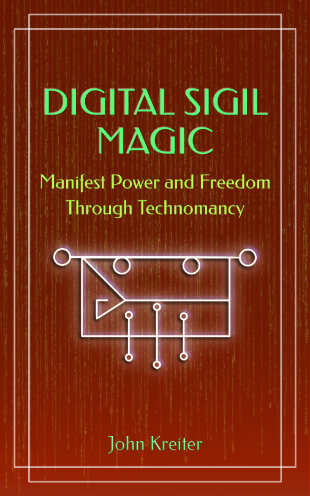
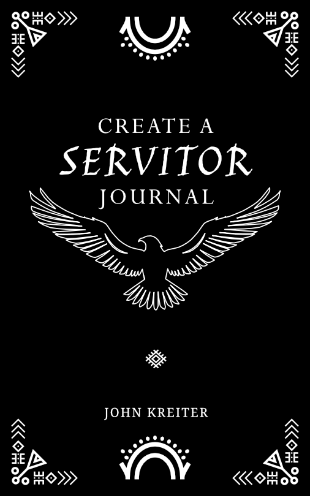
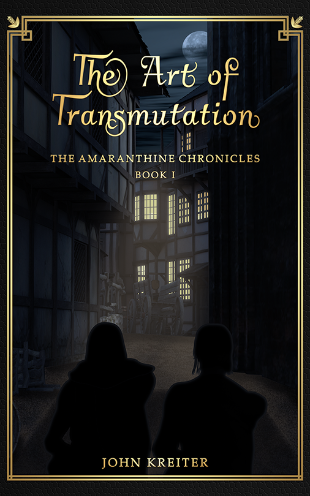
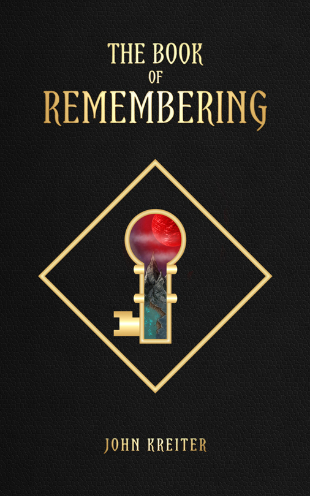
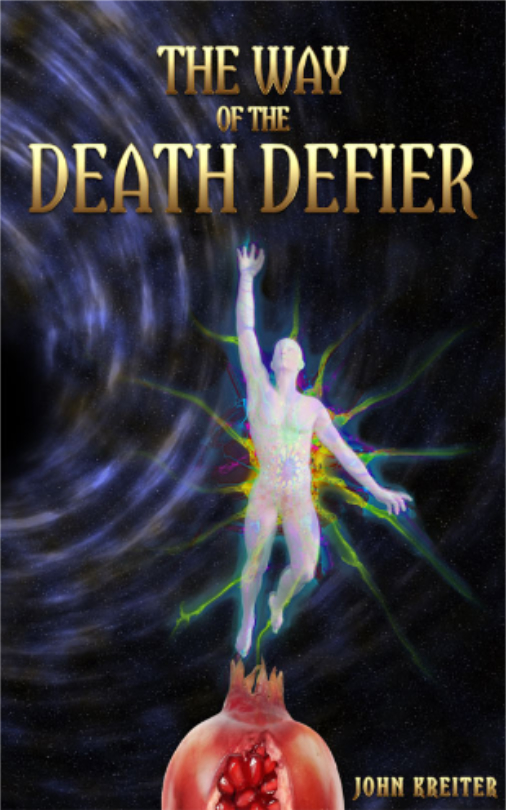
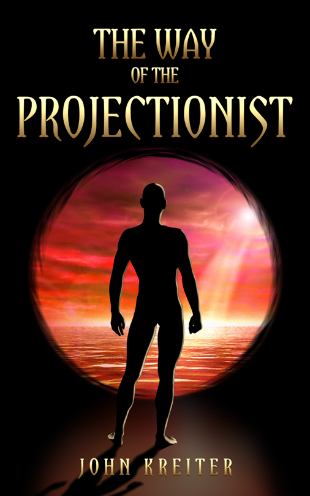
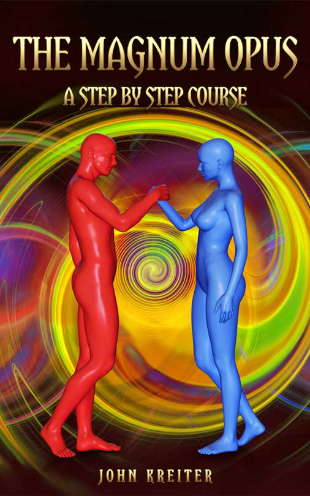
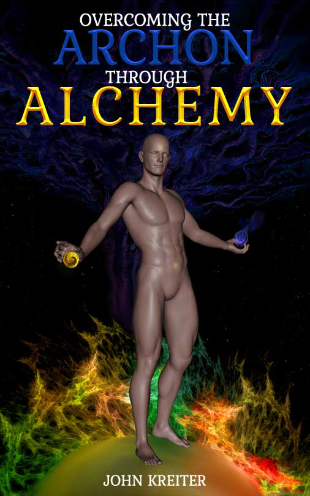
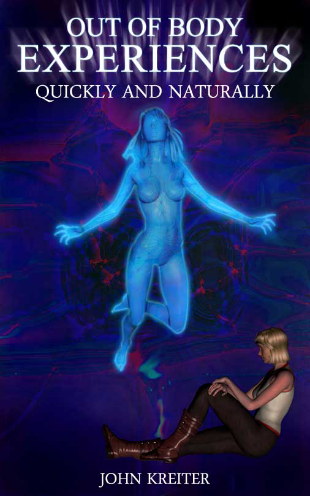
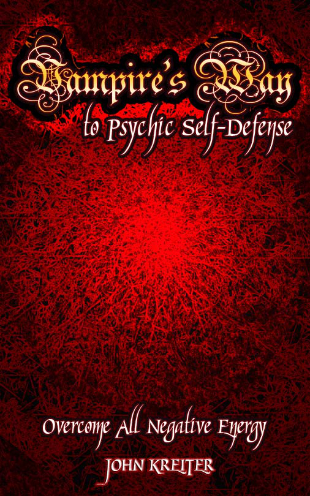
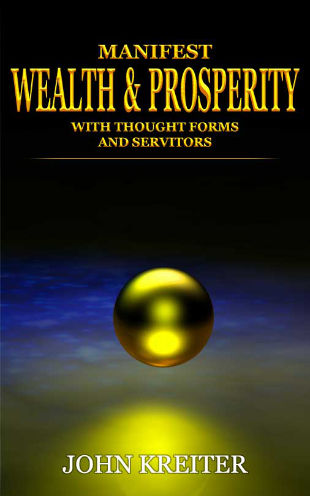
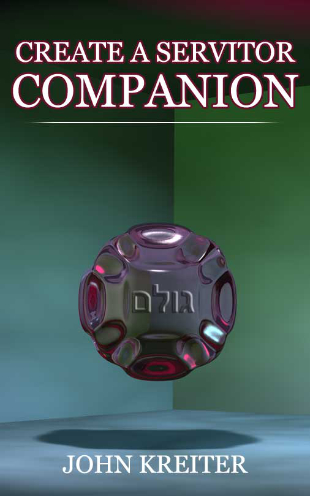
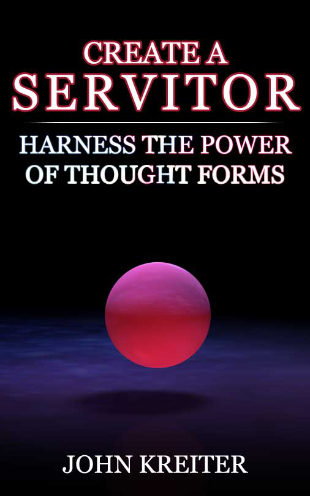
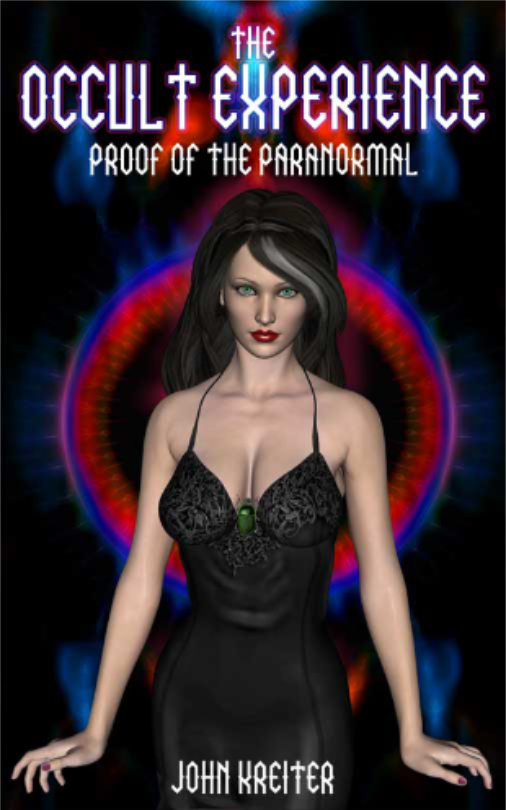
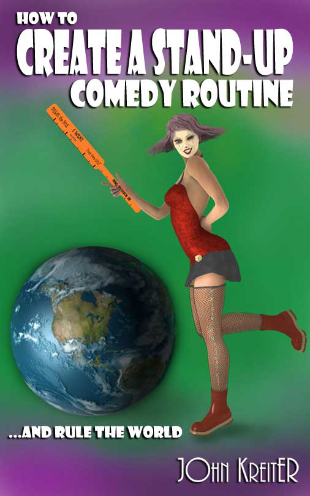
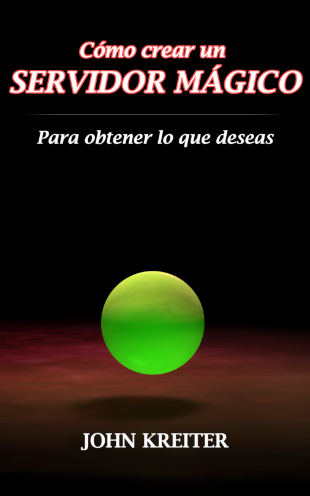
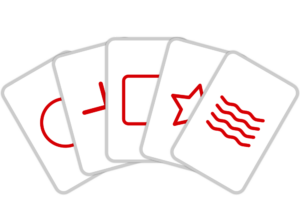
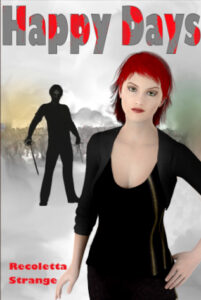
Leave a Reply